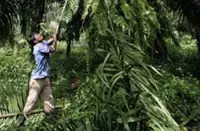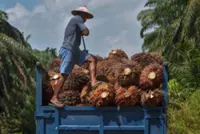PETALING JAYA: Sime Darby Plantation Bhd’s GenomeSelect (GS) seeds offer a promising future for the group, even though they are still in its nascent stages.
They hold the key to future organic growth given land scarcity, no deforestation commitment and rising cost pressures, according to Maybank Investment Bank Research (Maybank IB).





